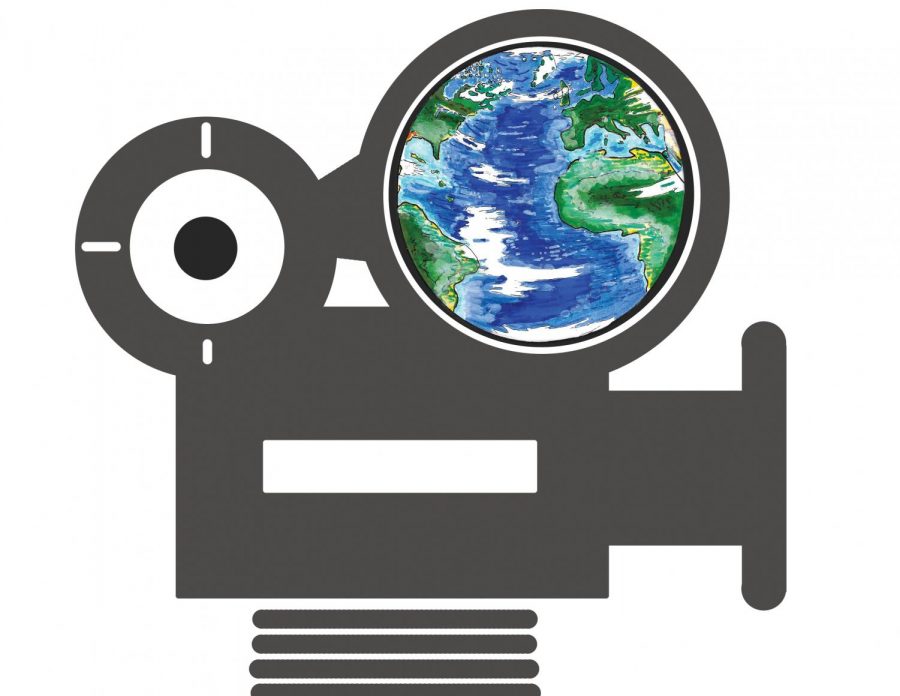Local film provides environmental education
Local film provides environmental education
March 6, 2017
Climate change and human impact on the earth are issues that will be explored by The One Earth Film Festival, which aims to generate discussion of environmental issues through timely films.
The films will be shown in multiple locations throughout Chicago including museums, churches and institutions such as the Institute of Cultural Affairs, the Peggy Notebaert Museum and Columbia’s Music Center until March 12. In 2016, more than 3,500 people attended the 47 screenings across Chicago, and this year the festival is planning to expand.
Jodi Wine, a lawyer and organizer of the festival, said the festival was designed for people of all ages.
“We’re really trying to have the films and the discussion drive people to take individual actions and act locally on behalf of their communities and the planet,” Wine said.
One Earth is a production of Green Community Connections, which endeavors to tap into conversations about sustainability issues and identify local solutions. The festival encourages student filmmakers to enter the field by hosting the “Young Filmmakers Contest” for third-graders through college students. Prizes include $500 in cash or scholarship and a screening of the winning film at
the festival.
Gabriel Lyons, a filmmaker and a junior cultural studies major at Columbia who is interested in the festival, said the films shown are incredibly important and encourage those who attend to tackle environmental debates. He added that the festival needs to be seen as a crowning moment for climate change.
“They are a point of reference to go to if your favorite politician stays true to his party’s word,”
Lyons said.
The festival comes at a time when a bill is pending in Congress to abolish the Environmental Protection Agency and a budget championed by the president seeks to reduce its funding by 25 percent, according to a March 2 Reuters article. The festival’s organizers said this historical moment in politics offers them a very bright spotlight and platform to speak out on these issues.
“Minimalism: A Documentary About Important Things” was shown as part of a preview of the festival at Loyola University on Feb. 21. Dan Amick, the associate dean of faculty in the Institute of Environmental Stability at Loyola University, spoke at the event.
“In our own institute, we have six majors in environmental sciences, and the number of students within them has doubled in the last three years,” Amick said.
Wine said the health of a country should not be studied only on economics, but the environment as well.
“If we’re measuring our well-being based on the gross domestic product and the amount of profitability, it’s a recipe for failure,” Wine said.








